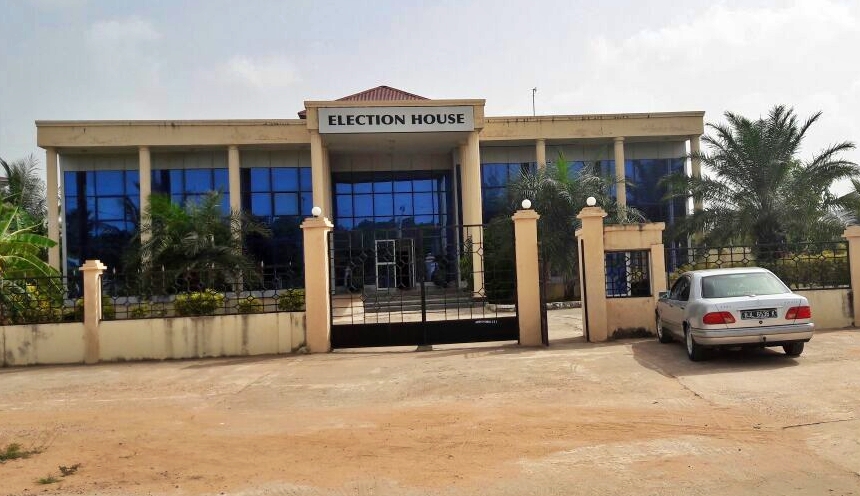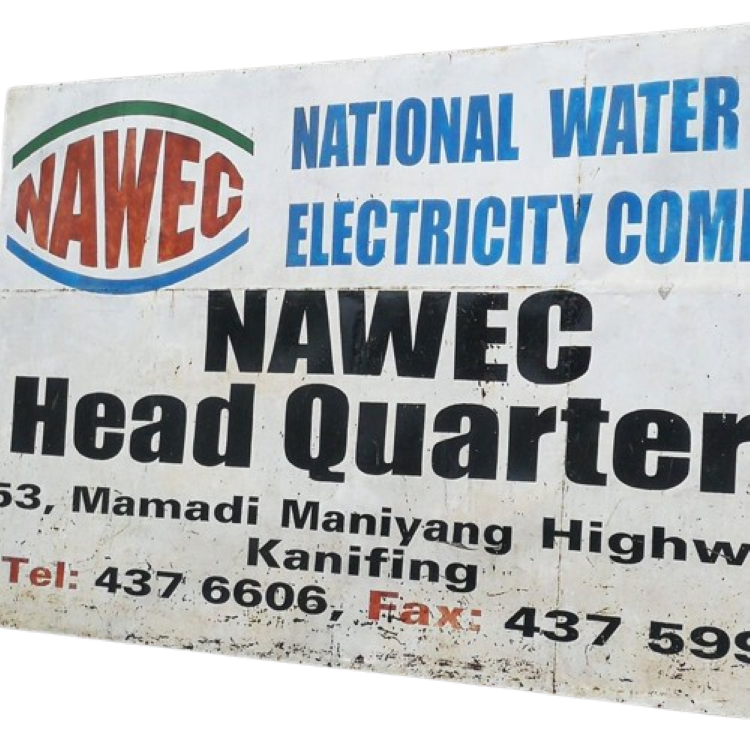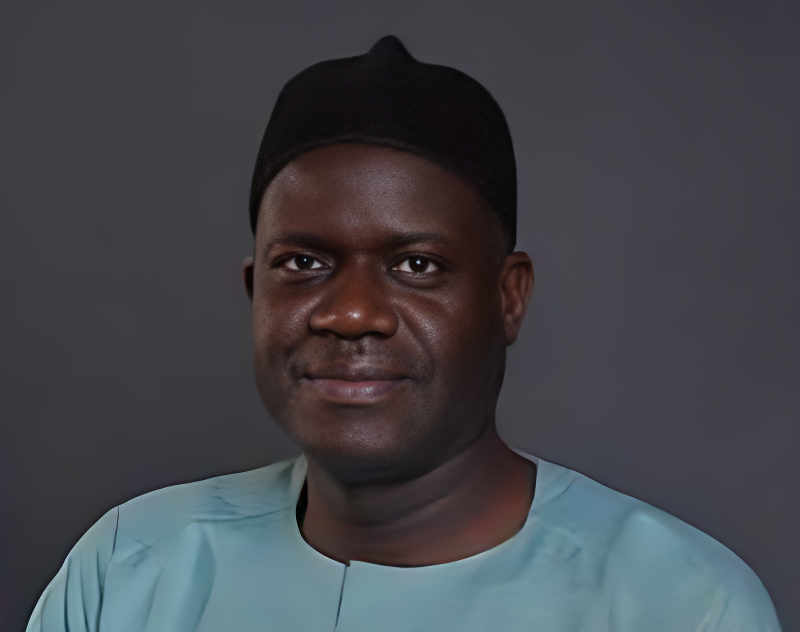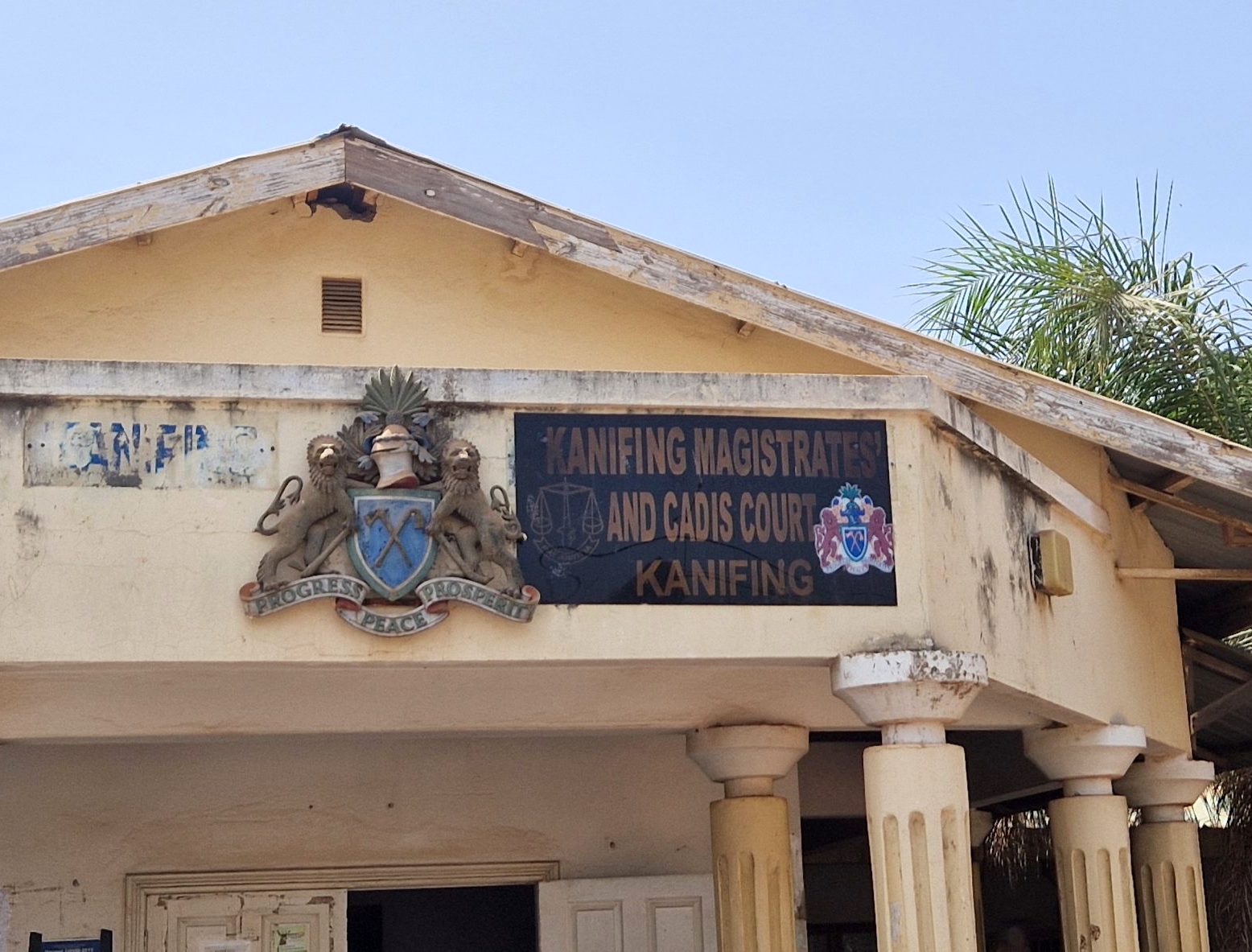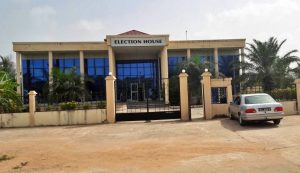In a bid to transform traditional farming methods into sustainable, environmentally conscious practices, 125 farmers from five communities in the West Coast region of The Gambia are undergoing training in compost making and business development. This initiative, spearheaded by the Agro Incubation Hub and funded by USAID through the YALI-RLC West Africa Community Engagement Fund, aims to equip farmers with the skills needed to shift from subsistence to commercial farming.
The cost-effective Climate Smart compost-making project is being implemented in the communities of Banjulinding, Abuko, Makumbaya, Gunjur, and Manduar. Mohammed Koker, founder of the Agro Incubation Hub (AIH), explained that the project focuses on training farmers in three compost-making techniques: biochar compost, bokashi compost, and natural compost. These techniques utilize domestic and environmental waste to create organic compost, which not only enriches the soil but also reduces waste in the community.
Koker emphasized the importance of this training in empowering farmers to become self-sufficient and environmentally conscious agripreneurs. “We decided to come up with an approach by training them on how to actually manufacture their own organic compost using domestic and environmental waste,” he said. “This compost that we are training them on is made of three different types of compost: biochar compost, bokashi compost, and natural compost. We are also training them on business development using the Farmer Business School methodology, so that they can take farming as a business.”

Yahya Kejalo, the trainer for the compost-making project, highlighted the transformative impact of the initiative on the communities. “By teaching people how to manufacture their own organic compost, we are empowering them to become self-sufficient and environmentally conscious,” he said. “The use of domestic and environmental waste not only reduces waste in the community but also provides a sustainable source of nutrients for their crops.”
Martha Mendy from Makumbaya Farm and Haja Yama Badjie from Banjulunding Farm shared their experiences with the new compost-making process, expressing satisfaction with its ease and effectiveness. They also highlighted the valuable insights gained on becoming smart agripreneurs. “We used to put in a lot of work when we watered our crops, but now, the system they have taught us has brought about a lot of changes,” said Aunty Martha Mendy. “We have learned about farming, fertilizing, and a combination of so many things. The work is easy and less stressful. And I know the compost will work.”
Agro Incubation Hub is a youth-led non-profit organization dedicated to cultivating the next generation of commercial climate-smart agripreneurs. Through initiatives like the Climate Smart compost-making project, they aim to empower small-scale farmers, enabling them to combat climate change and view farming as a sustainable business, not just a livelihood. This project is a testament to their commitment to fostering sustainable agriculture and environmental stewardship in The Gambia.



